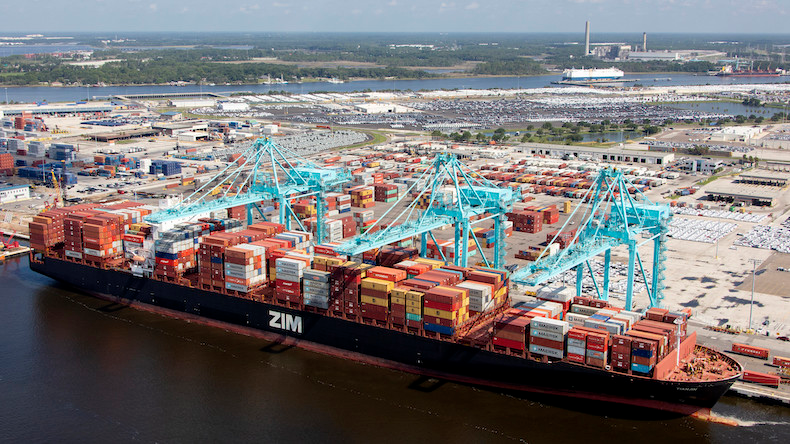Atlantic ports played a crucial role in shaping economic, social, and cultural dynamics across the region. These harbors served as vital hubs for trade, migration, and cultural exchange. Initially, many ports emerged due to geographic advantages and political decisions, facilitating the flow of goods and people. Over time, these centers became more than just economic engines; they evolved into melting pots of diverse communities and ideas. Consequently, the development of these ports influenced not only local economies but also international relations. Exploring their history reveals how these gateways contributed significantly to regional identity and global connectivity.
Atlantic Ports as Engines of Economic Growth and Exchange
Ports along the Atlantic coastline have long driven economic development by enabling trade between continents. They functioned as critical points for importing raw materials and exporting manufactured goods, linking producers and consumers worldwide. Additionally, port cities attracted investments in infrastructure such as docks, warehouses, and transportation networks. This development further boosted local economies and created jobs for diverse populations. Moreover, these ports played strategic roles during conflicts, serving as naval bases or supply centers. Therefore, their growth reflects broader patterns of industrialization and globalization impacting the Atlantic region throughout history.
The Historical Significance of Atlantic Ports in Cultural Integration
Cultural integration flourished around these ports as people from different backgrounds converged for trade and settlement. Immigrants, sailors, and merchants brought languages, religions, and customs that enriched local traditions. This exchange led to unique hybrid cultures, especially in cosmopolitan port cities. Furthermore, these areas often became centers for social movements and intellectual debates, shaping political and cultural landscapes. Studying these developments helps clarify how diverse populations coexisted and adapted within changing political and economic contexts. Ultimately, Atlantic ports symbolize not only commercial vitality but also cultural resilience and transformation.
